Women aren’t broken if they can’t have children.

I felt as if someone had raided my body and pummeled my heart until it bled and broke. It hurt to breathe. It hurt to think.
Hell, it hurt to live.
I couldn’t fathom what had just happened. Mere hours ago, there had been a living being inside of me. I’d heard her heartbeat. I’d seen her on the ultrasound. I’d even felt her kick as she shuffled within my womb. I’d fantasized about her beautiful bright eyes, her smile, her chortle, the way she’d feel in my arms when I first held her, and the incredible and sacred mission of raising her.
The notion of having a child after trying so hard was both nerve-wracking and exhilarating. Every time I traced my hands across my belly, an indescribable wave of compassion, delight, and longing flooded through my body, warming me with the certainty that I’d do everything in my power to ensure a good life for her.
And now? Now there was emptiness. Abysmal loss. Anger. Maddening sadness. Despair.
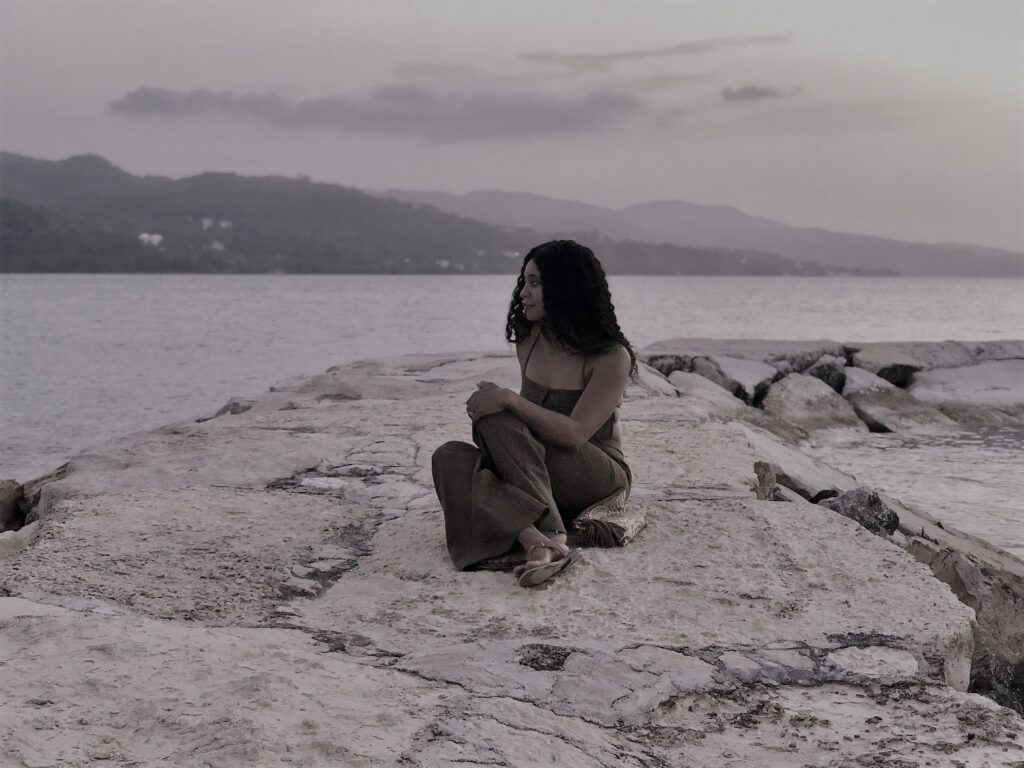
Hydrocephalus, the doctor explained to me and my husband, Claude. In hydrocephalus, the build-up of CSF — the body fluid found in the brain — can raise the pressure inside the skull, which squashes the surrounding brain tissues. This can cause the head to steadily grow in size… convulsions… brain damage… death. He strongly advised us to get an abortion. I felt I had no choice; I did.

I caressed my belly as if my hands could magically conjure her back inside, back to life, back to how we were paired up so perfectly for the past nineteen weeks.
As a woman and as an individual, however, statistics did nothing to comfort me in my time of darkness. I stayed in the hospital overnight, my pillow clutched to my face to muffle my moans as I grieved. My husband had gone home to care for our pets; the hospital staff did their best to comfort me, bringing me a consolation card with our dead child’s footprints. This did nothing to stem the tears.
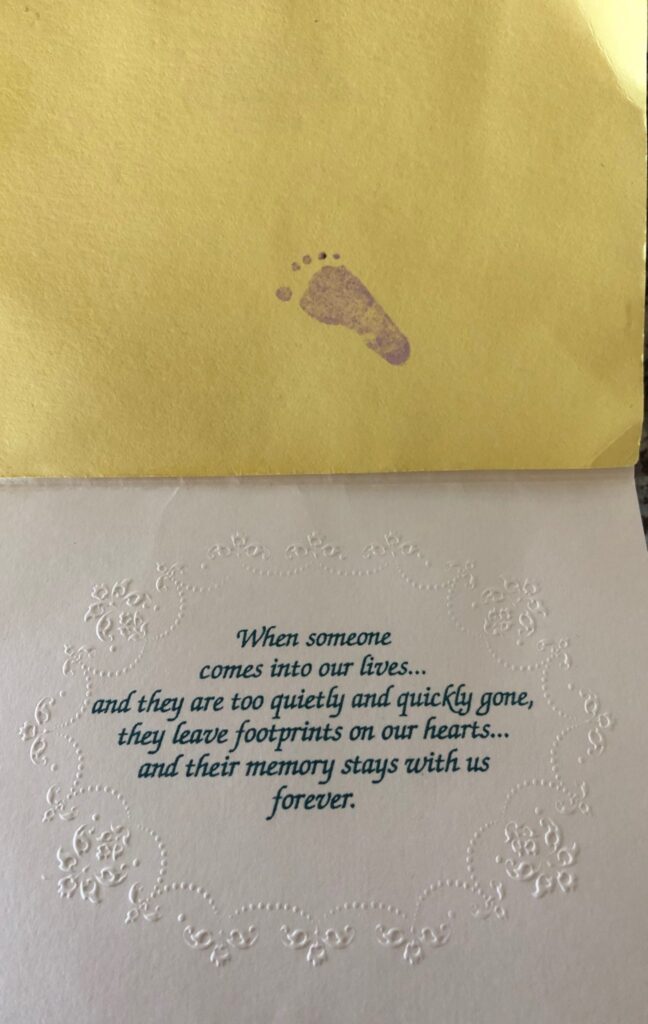
For that hospital, I was one more statistic. 10–25% of all clinically recognized pregnancies end in miscarriage; I was part of the unlucky 1% that suffered through 3 or more consecutive first trimester miscarriages. With three prior miscarriages under my belt, my risk for another miscarriage was at 43% (another statistic that would come true months later).
Why is this happening? What did I do to deserve this? How can I possibly cope?
I hated God for punishing me. I hated my body for betraying me. Throughout my childhood, I’d been haunted by the demons of abuse, alcoholism, and absence. My mother had nine children naturally without even trying and I couldn’t have just one. Throughout much of my adulthood, I’d battled through toxic relationships, grand mal epilepsy, and depression. I wept a river that night, unable to come to terms with the reality.
The grief of losing a child — no matter the age, no matter the cause — can not be contained in words. When an unborn child dies within you, usually without a defined reason, a piece of you seems to die with them. What you face in the wake of their absence is unique to you. There is no “right” or “rational” way to cope with a miscarriage, and nobody deserves to tell you otherwise.
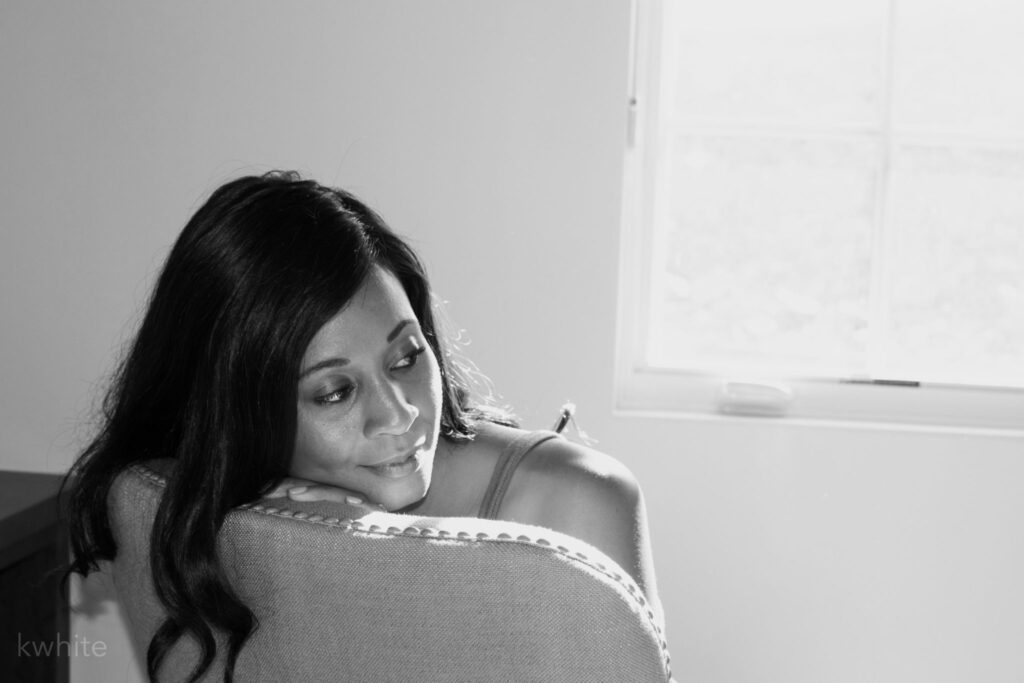
The pain is real and raw. The loss is physical, emotional, and it will scar you. The shock strikes like an electric volt. A miscarriage jars you from delight to devastation in no time. The sense of emptiness and helplessness consumes you, and this may be the most frightening of all. Humans are hardwired to instinctively fear that which we cannot control and miscarriages are just that, uncontrollable.
We must give ourselves time to grieve, accept, and heal from our loss. Therapy may be necessary, I know it was for me.
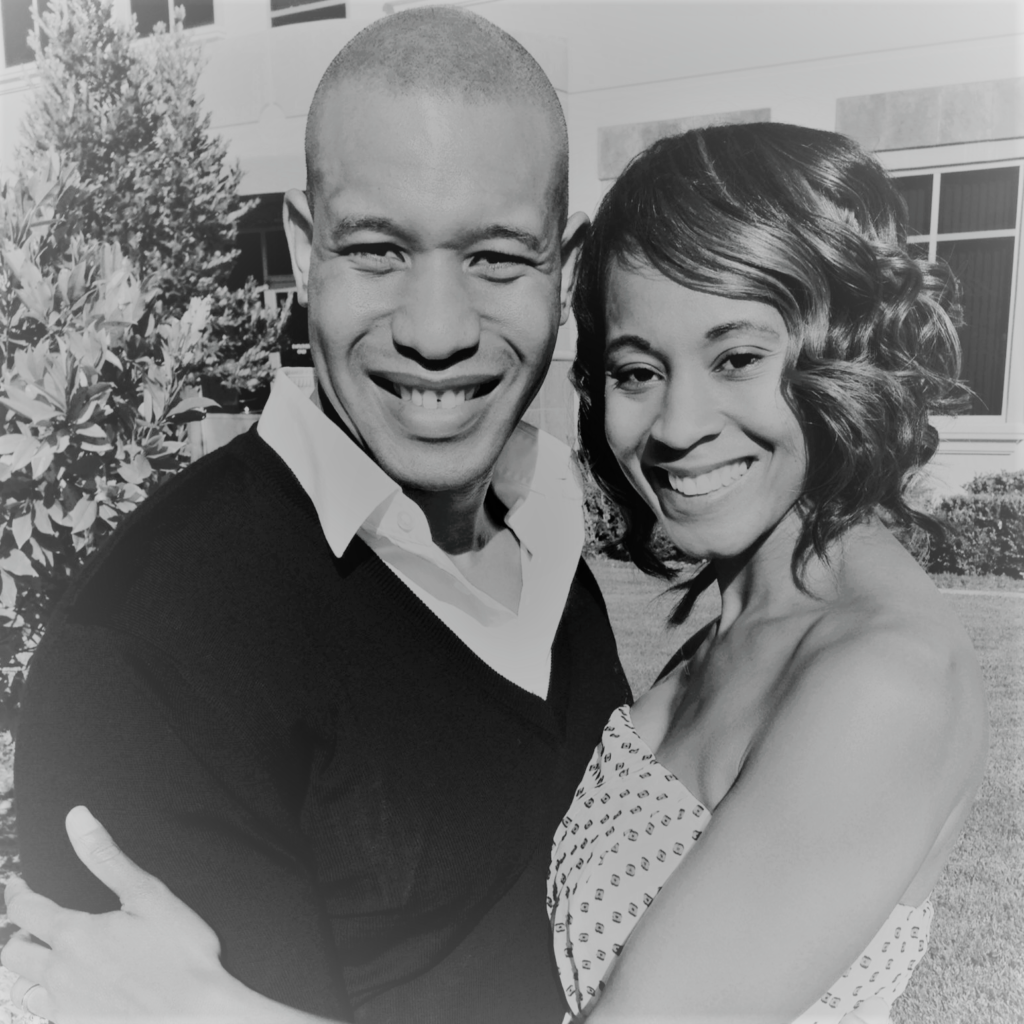
In my journey, amidst the nightmare of it all, I was lucky to have an incredibly supportive partner by my side who respected my needs and feelings, and who loved me for all I was. Each miscarriage taught me how strong I could be. Claude and I poured our love and purpose into a philanthropic endeavor we co-founded, Elevate Foundation, which has enabled us to make a difference in young people’s lives. In a way, these are the children we never had.
Women aren’t broken if they can’t have children. We don’t have to conform to society’s idea of what a woman should be. We don’t have to be ashamed of being childless — or childfree, for that matter — whether it’s a matter of personal choice or by fate. It’s important to be compassionate to each other, and above all, to ourselves.
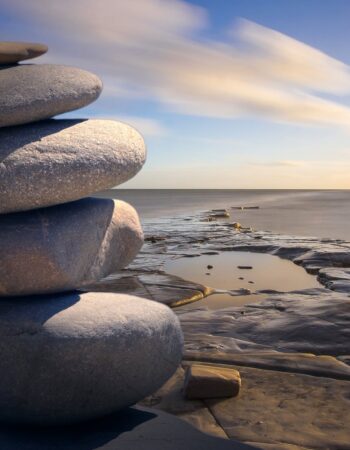

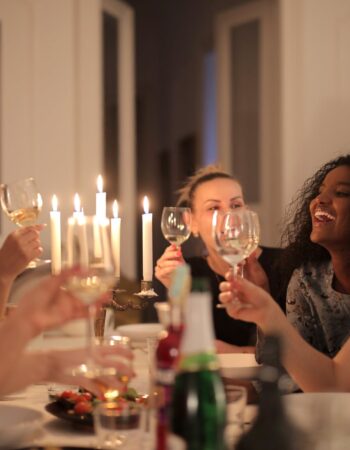
Leave a Reply